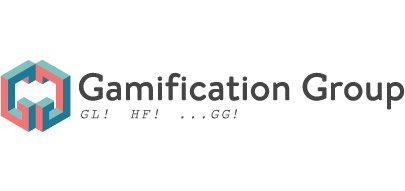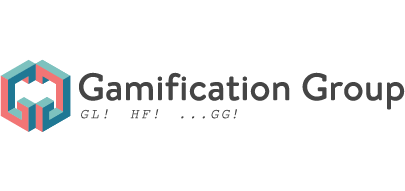
Gamification alongside and towards Equity, Diversity and Inclusion
Equity, Diversity, and Inclusion (EDI) efforts are crucial for sustainable growth by ensuring fair treatment and opportunities for everyone, valuing individual differences, and creating practices that provide equal access for marginalised groups (Kohl, 2022). Despite their benefits, EDI actions often face resistance because they challenge longstanding advantages for certain groups. To address such resistance, gamification appears as a way to support skill development (e.g., mood regulation and empathy), motivation, and overall positive growth through game-like experiences (Hamari, 2019). However, little is known about how gamification can create a meaningful and safe space that leaves no one behind or how gamification itself can be more equitable, diverse, and inclusive.
Thus, this systematic review looks back into 20 related studies to better understand the meanings gamification has, which methods it employs, and how it affects and is affected by EDI actions. Regarding its meanings, gamification is being used both as a means and an object of EDI actions by addressing various aspects of identity (e.g., gender, age, sexual orientation, disability), especially in educational and health contexts. Various psychological, game design, and educational theories support the intersection of gamification and EDI in terms of its methods, but the majority of these efforts focused on gameful progression rather than social and immersive elements that would better align with the inherently social nature of EDI actions. Regarding its effects, gamification towards and alongside EDI has shown promising support for psychological and behavioural change, as most studies reported positive experiences and improved performance, while it’s too early to confirm long-term positive effects.
Our results reaffirm the importance of gamification towards and alongside EDI actions. At the same time, it highlights the need to explore more diverse dimensions and contexts, promote intersectional work, balance different types of motivational elements, involve diverse people in decision-making, and avoid stereotypes. By addressing these gaps, gamification can better support EDI and foster sustainable social change.
Gamification towards and alongside equity, diversity and inclusion: Looking back to move forward
Ana Carolina Tomé Klock
Paula Toledo Palomino
Luiz Antonio Lima Rodrigues
Armando Maciel Toda
Sofia Simanke
Velvet Spors
Brenda Salenave Santana
Juho Hamari
Reference: Klock, A. C. T., Palomino, P. T., Rodrigues, L. A. L., Toda, A. M., Simanke, S., Spors, V., Santana, B. S., & Hamari, J. (2024). Gamification towards and alongside equity, diversity and inclusion: Looking back to move forward. New Media & Society, 0(0). doi: 10.1177/14614448241254028
See the paper for full details:
Journal
ResearchGate
Abstract
Given the urgent need for environments that enable everyone in fulfilling their fullest potential, many new media innovations have focused on equity, diversity and inclusion (EDI) actions. Gamification is one of these innovations, becoming a promising avenue to engage people towards effective social change. Yet, the intersection between EDI and gamification is incipient and fragmented, preventing a comprehensive understanding of current findings and future advancements in this field. This literature review systematically investigates the meanings, methods and effects of gamification in EDI actions (i.e. gamification towards EDI), and the design of equitable, diverse and inclusive gamification (i.e. gamification alongside EDI). Results elucidate how gamification improves performance, enriches experiences and fosters change, while analysing its design through gender, age and disability lenses. Future work calls for broader and deeper gamified EDI interventions informed by social sciences, diverse people-oriented design and empirical demonstration of sustainable social change.
Funding: This work was supported, among others, by the European Union’s Horizon 2020 research and innovation programme under the Marie Sklodowska-Curie (Grant No. 101029543, GamInclusive) and the HORIZON Research and Innovation Actions (Grant Agreement 101132543, GameHearts).




Sorry, the comment form is closed at this time.